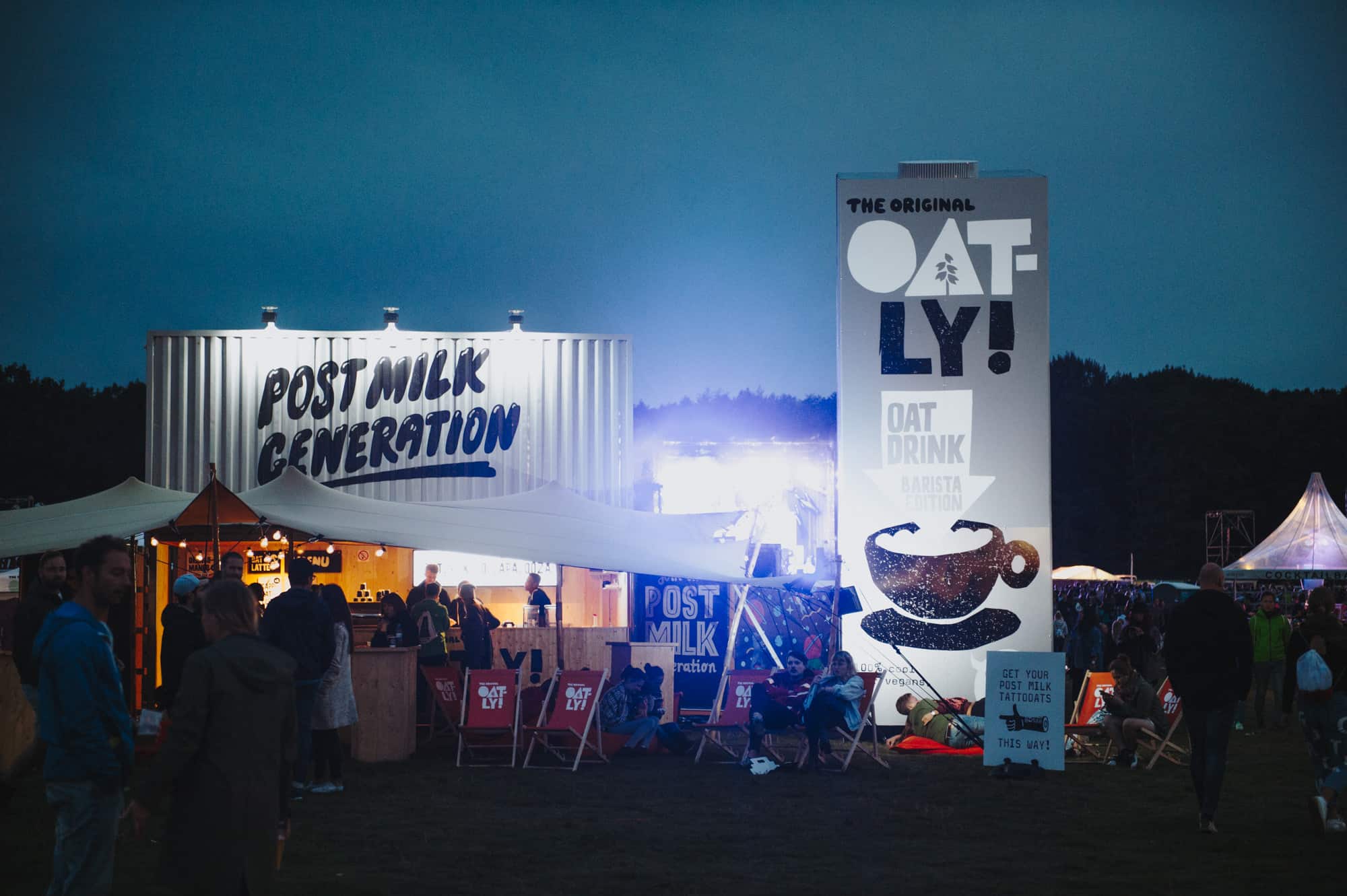Oatly (NASDAQ: OTLY), a plant-based milk specialist, launched on the NASDAQ last week via an initial public offering (IPO). It listed at around $17 a share, with a valuation of $10bn. On the day, the Oatly share price rose above $22, valuing it above $13bn (£9.2bn), but it has since settled back at around $20.
Why is oat milk popular?
Plant-based foods and drinks are hot properties as individuals commit to making lifestyle changes in a bid to ‘save the planet’. Oat milk scores highly here. It’s apparently slightly better for the environment than almond milk and it uses much less water than other plant-based milks. It also produces less CO2 than cow’s milk. Plus oats require 80% less land to grow than dairy milk needs in the process of raising cows.
But it’s not only environmental reasons driving oat milk popularity higher. More people are choosing dairy-free diets for health reasons too.
Should you invest £1,000 in Admiral right now?
When investing expert Mark Rogers has a stock tip, it can pay to listen. After all, the flagship Motley Fool Share Advisor newsletter he has run for nearly a decade has provided thousands of paying members with top stock recommendations from the UK and US markets. And right now, Mark thinks there are 6 standout stocks that investors should consider buying. Want to see if Admiral made the list?
Last year in the US, oat milk sales soared 400% to $213m. And many big names are boosting the trend. Oprah Winfrey, Howard Schultz, Jay-Z and Natalie Portman all backed the Oatly deal.
Such a pronounced celebrity backing shouldn’t be underestimated. Oprah, Jay-Z and Schultz are all successful investors in their own right and are unlikely to want to risk their reputations on a gimmick. They also have big platforms from which to sing its praises.
Oatly has also struck impressive partnerships with Starbucks and Alibaba.
From Sweden to New York
Despite listing in New York, Oatly is based in Sweden. It’s believed to have chosen the US because of its soaring consumption of plant-based and non-dairy foods. Of course, New York listings tend to be higher-profile too. The company has long been ahead of the game as it launched in Sweden in the 1990s. But its popularity soared after debuting in the US in 2016. It now makes yogurt and ice cream too.
The company intends to use the proceeds from its IPO to expand its production facilities. This includes a large UK factory where it also sees a clear growth opportunity. This factory will have the capacity to produce 300m litres of oat milk annually and will create more than 200 jobs.

Shareholder risks
But the future may not be all rosy. Competition from big food manufacturers and supermarkets is intensifying. And while Oatly has made heavy investments in its expansion and marketing initiatives, it’s losing money. Despite being established for 25 years it’s still unprofitable.
Although I like the product, I do wonder if it’s cashing in on a fad. My concern is that oat milk may well go out of favour as quickly as it arrived.
Personally, I think a $10bn plus market cap is very high. I can make oat milk cheaply at home in a blender and Oatly cartons are expensive. Nevertheless, I do occasionally buy it and so do an increasing number of shoppers. But for now, I’m quite happy to watch its progress from the sidelines.
I think Oatly is far from a bargain share and I’m not tempted to add it to my Stocks and Shares ISA just yet.







